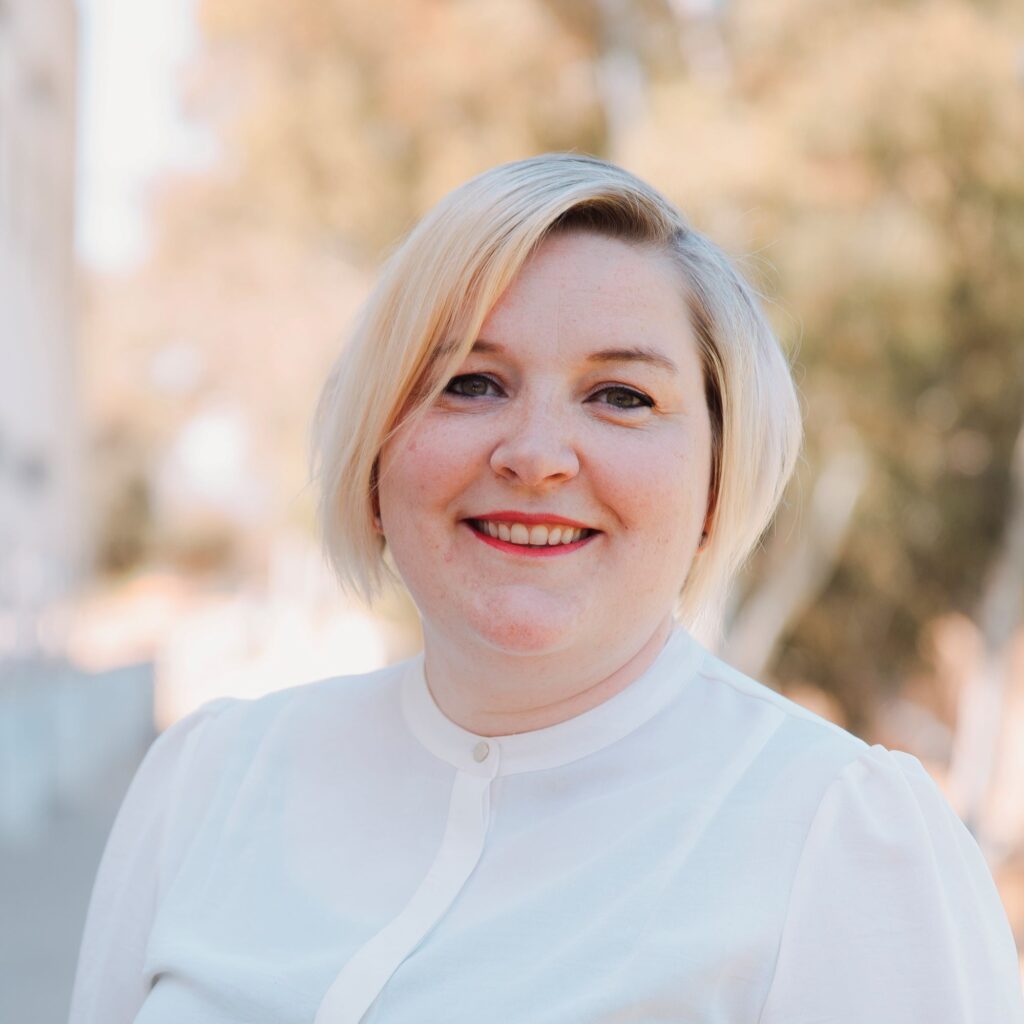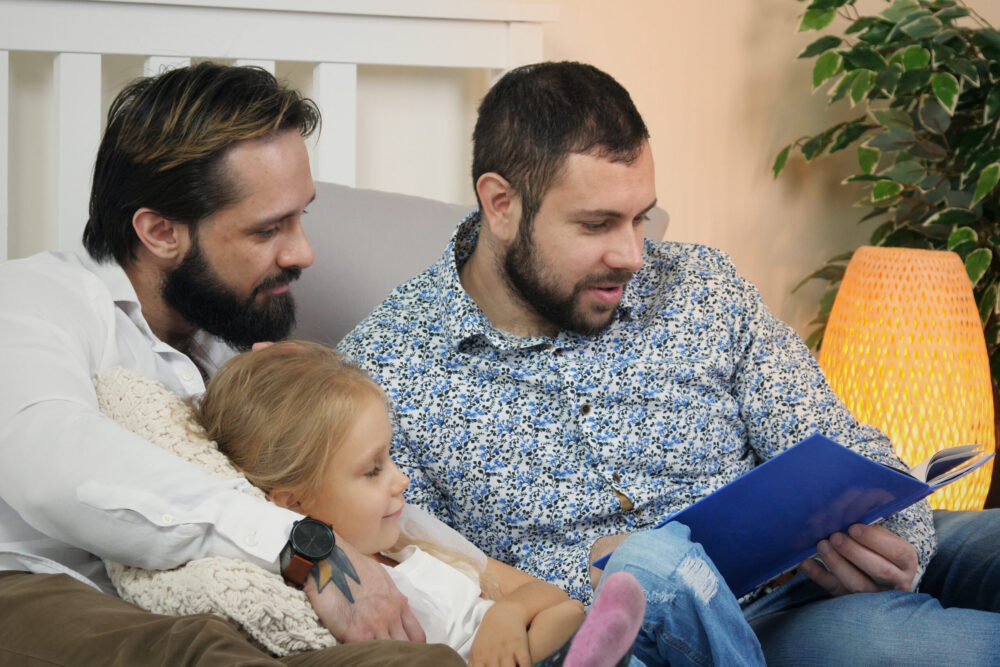BroadAgenda Research Wrap is your monthly window into academia. We scour the journals so you don’t have to.
No topic too impenetrable, no research too eclectic; BroadAgenda Research Wrap brings you a glimpse of the latest gender research around the world – in plain English.
Another year, same devastating global pandemic.
We had such high hopes for 2021, only to find the world still firmly in the grips of the ever-mutating virus. More border closures, more lockdowns, more uncertainty.
While vaccinations are slowly starting to offer a tiny glimmer of hope, we all know that the return to normal will not happen overnight.
But push on we must, and we are grateful for all the people who helping us make sense of this new world order. In that vein, we will kick off our new monthly research wrap with a glance of the latest research on Covid and gender.
One extremely interesting body of work comes from Professor Lyn Craig’s online survey ‘Work and care during COVID-19’, conducted during the first wave of lockdowns in May 2020 in Australia.
Co-authored with Dr Brendan Churchill, their article ‘Unpaid Work and Care During COVID-19: Subjective Experiences of Same-Sex Couples and Single Mothers in Australia’ (Gender & Society 2021) provides a welcome break from the heteronormative, single-binary approaches that still dominate the mainstream news.
Interestingly, non-heterosexual fathers were more positive than their heterosexual counterparts, whereas the experiences of bi-sexual and lesbian women were more mixed.
And perhaps unsurprisingly, single mothers were more likely to be happy than those with partners. As the authors write, it could be because, “…they avoided partnership conflicts and particularly benefited from relaxed commuting and child care deadlines”.
Anyone who had to share spaces with other adults and the kids while trying to keep up with work and online schooling and all the housework can probably relate.
But because as academics we like to say ‘on the other hand’ a lot, here’s an interesting autoetnography from Denmark. ‘All the single ladies’ may sound like an academic’s utopia where production reigns supreme, but it’s hardly problem-free.
And then there’s the question of mental health. First, let’s take a look at how it plays out in the context of parenting. Professor Gema Zamarro and Dr Maria Prados examined the ‘Gender differences in couples’ division of childcare, work and mental health during COVID-19’ (Review of Economics and the Household, 2021).
Using a nationally representative sample in the US, their study shows that women carried a heavier load of the child care, were more likely to reduce working hours or stop working altogether due to the caring arrangements, and mothers of primary school-aged children or younger reported a higher level of psychological distress.
While these results will surprise no one, we welcome all and any data that shed some light on the situation, and in turn help change things in the future. A pandemic version of ‘you can’t fix what you can’t see’, if you will.
But of course, we shouldn’t just focus on parents and families, as the impacts are felt across the whole population – and especially among vulnerable population. As Dr Lisa D Hawke et al. observed, transgender and gender-diverse youth are experiencing substantial mental health impacts. As such, the research team calls for both service providers and researchers to engage with these populations directly in order to be able to provide support that actually meets their needs.
So has there been any positives at all? Scotland seems to be doing something right – at least if you’re female, from younger age groups, married or living with a partner, employed, and in better health. In other words, proceed with caution. Intersectional nirvana it ain’t.
However, the fortunate ones did report positive changes in diverse domains, including getting more quality time with family, developing new hobbies, more physical activity, and more sleep.
Where can we sign up?

Dr Pia Rowe, author of BroadAgenda’s regular Research Wrap, is a Research Fellow at the 50/50 by 2030 Foundation, University of Canberra.




